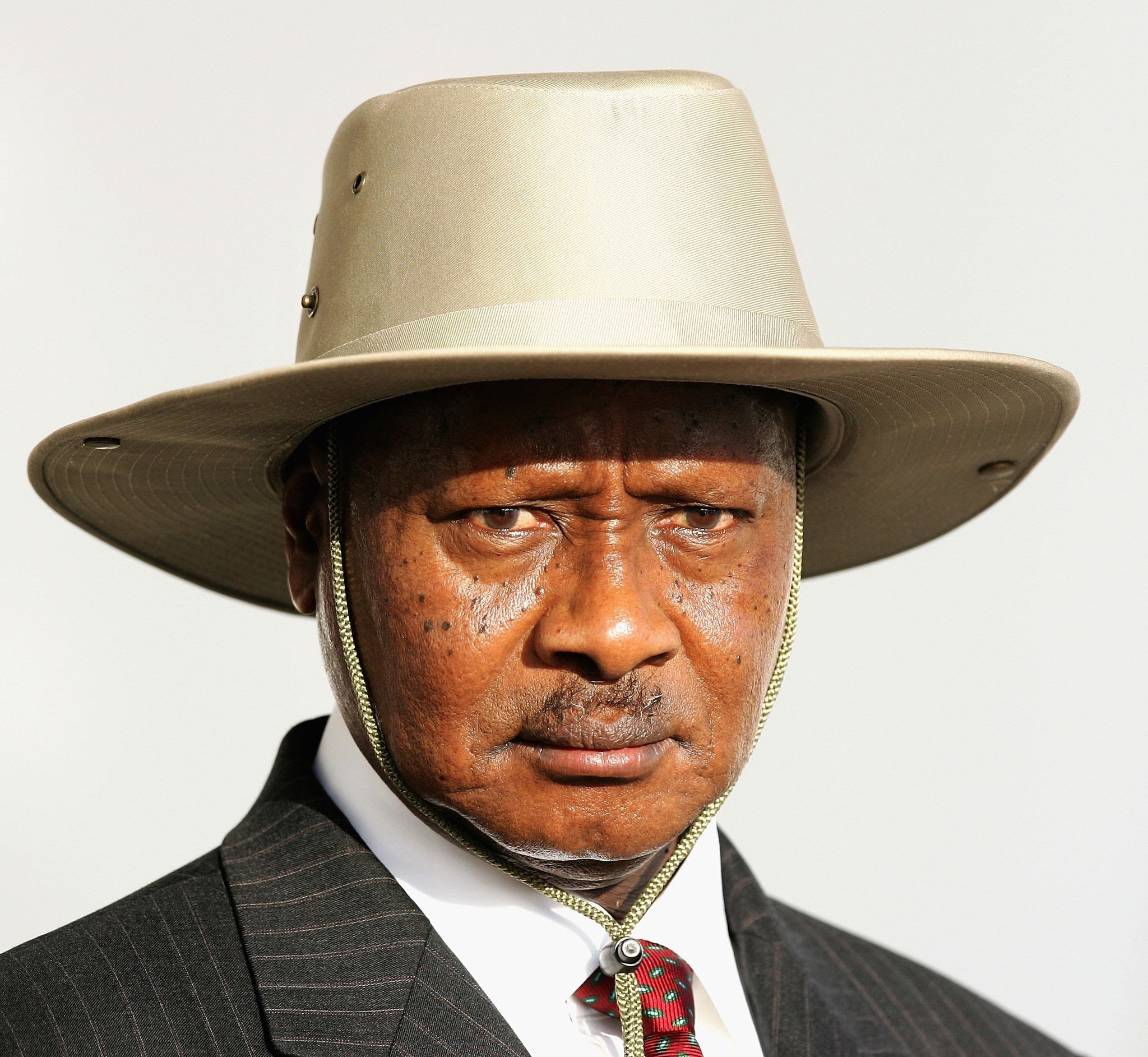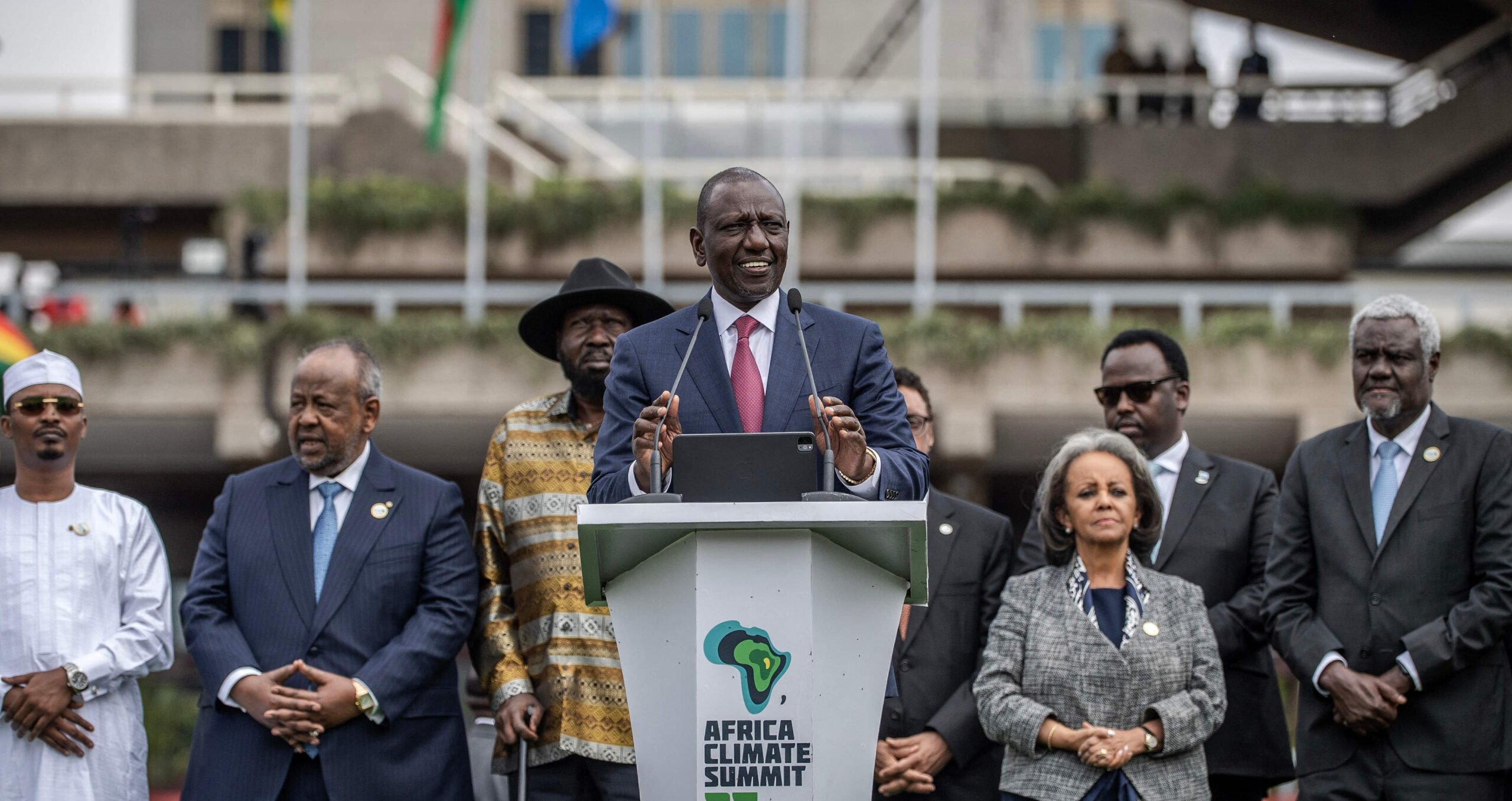MUSEVENI REFUSED TO ATTEND THE AFRICAN CIMATE SUMMIT.

The need for collective action to combat climate change is evident, with the focus on the top polluters to take responsibility and mitigate the damage caused.
However, recent developments have shed light on a growing divide between global leaders, particularly in Africa, and major polluting nations.

Top Polluters
The world's top 10 polluters are China with 10,065 million metric tons of carbon dioxide, the US (5,416 million), India (2,654 million), Russia (1,711 million), Japan (1,162 million), Germany (759 million), Iran (720 million), South Korea (659 million), Saudi Arabia (621 million), and Indonesia, which produces 615 million metric tons.
The entire continent of Africa accounts for just four percent of global carbon emissions, despite suffering the Worst effects of the climate crisis.
The 1992 Rio Declaration, now known as the polluter pays principle, stipulates that the worst-polluting nations should bear the financial burden of addressing the climate crisis to prevent harm to human health.
However, the recent Global Climate Summit witnessed several African leaders taking a stand against the participation of key representatives from major polluting nations. Among these leaders, Ugandan President Museveni's refusal to attend the summit due to the involvement of the U.S. Special Presidential Envoy for Climate, John Kerry, raised eyebrows.
President Museveni cited his reservations about engaging with leaders from the U.S., a country that had protested and imposed sanctions on Uganda following the enactment of an anti-LGBTQ bill, which is considered one of the most stringent in the world, allowing for the death penalty for homosexual acts.

President Museveni refused to attend the summit because of Kerry’s involvement and the fact that he came to address African leaders, yet he comes from the Global North, the world's biggest polluter, the Ethiopian delegate said. The Kenyan official gave reasons for Nigeria and South Africa not being part of the conference
"South Africa formally withdrew, protesting pressure from Some European partners to abandon coal and go the way of renewables, yet 80 percent of the energy in South Africa comes from coal, “the official said.
"They did not want to be lectured to and be in the same room with European partners planning to impose levies on certain carbon-intensive imports from South Africa at a time the country is struggling with power load Shedding."
The recent climate summit brought forth a powerful call to action, urging wealthy carbon-emitting nations to fulfill their longstanding climate pledges to support financially disadvantaged countries. In addition, world leaders were encouraged to throw their weight behind a proposed "carbon tax on fossil fuel trade, maritime transport, and aviation," signaling a commitment to address climate change through economic measures.
A New Africa
Africa, a continent acutely vulnerable to the worsening impacts of climate change, took center stage at the summit. While highlighting its vulnerability, the primary focus was on catalyzing investments in clean energy solutions.

Deputy President William Ruto of Kenya emphasized Africa's determination to forge a new path forward, stating, "A new Africa is there, and it means business.
"The summit yielded significant funding commitments, with pledges totaling an impressive $23 billion earmarked for green growth, mitigation, and adaptation efforts across the continent. These financial commitments represent a step towards bridging the gap between developed and developing nations in the fight against climate change.
As the world looks ahead, the competing visions of our energy future will likely be a central theme at the upcoming COP28 talks in the United Arab Emirates, where global leaders will assess the progress made in curbing planet-heating emissions—an issue of paramount importance for the health of our planet and future generations.

